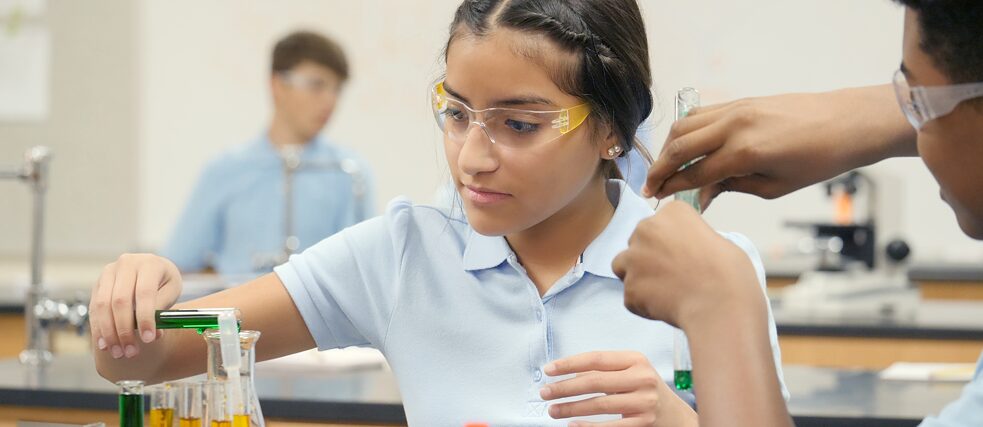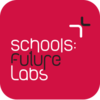Schools: Future Labs
Erasmus+ KA2
Budget: 303.592 EUR
Project duration: 01.09.2014-31.08.2017 (concluded)
Schools: Future Labs created a new approach that combined language learning in German and Spanish and STEM education (mathematics, chemistry, physics and environmental sciences) through the application of CLIL methodology.
The Schools: Future Labs project started from the recognition that current classroom practices with regards to STEM subjects, as well as Spanish and German language study were ineffectual. The lack of participation and direct application during class often led to student disengagement. Yet the ability to communicate in a foreign language, as well as an interest in STEM subjects, were vital to students’ future employment prospects and to an extent, to the European economies.The Schools: Future Labs aimed to help students become captivated by these often dismissed subjects; to revive motivation and enthusiasm for both students and teachers. Through a detailed system of method implementation and evaluation, in cooperation with educational experts and dedicated researchers, the project investigated the capacity for success of a bottom-up teaching methodology informed by Action Research and CLIL. STEM subjects were taught in tandem with language study for an integrated approach to learning.
The long-term goal of the project extended beyond simply implementing and documenting this new methodology. Rather, the Schools: Future Labs team aimed to inspire progress in global educational institutions.
In figures
246 students and 15 teachers in 6 schools participated in the project
120 lesson plans were developed
Partners
Coordinator: Goethe-Institut AthenInstituto Cervantes
Mazowieckie Samorzadowe Centrum Doskonalenia Nauczycieli (MSCDN)
National and Kapodistrian University of Athens
Shumenski Universitet Episkop Konstantin Preslavski
Ministerio de Educacion, Cultura y Deporte
Ministerul Educației și Cercetării Științifice
International School Uwekind
49th Primary School "Benito Juarez"
Liceul Teoretic Bilingv Miguel de Cervantes
Społeczna Szkoła Podstawowa nr 4 STO
Ellinogermaniki Agogi S.A.
Colegiul National Ion Maiorescu
Contact
Vasiliki Katsomaliari: Vasiliki.katsomaliari@goethe.dePenelope Sotiropoulou: Penelope.sotiropoulou@goethe.de
The project was co-funded by the Erasmus+ programme of the European Union and the Goethe-Institut (Key Action 2).
The European Commission's support for the production of this publication does not constitute an endorsement of the contents, which reflect the views only of the authors, and the Commission cannot be held responsible for any use which may be made of the information contained therein.


